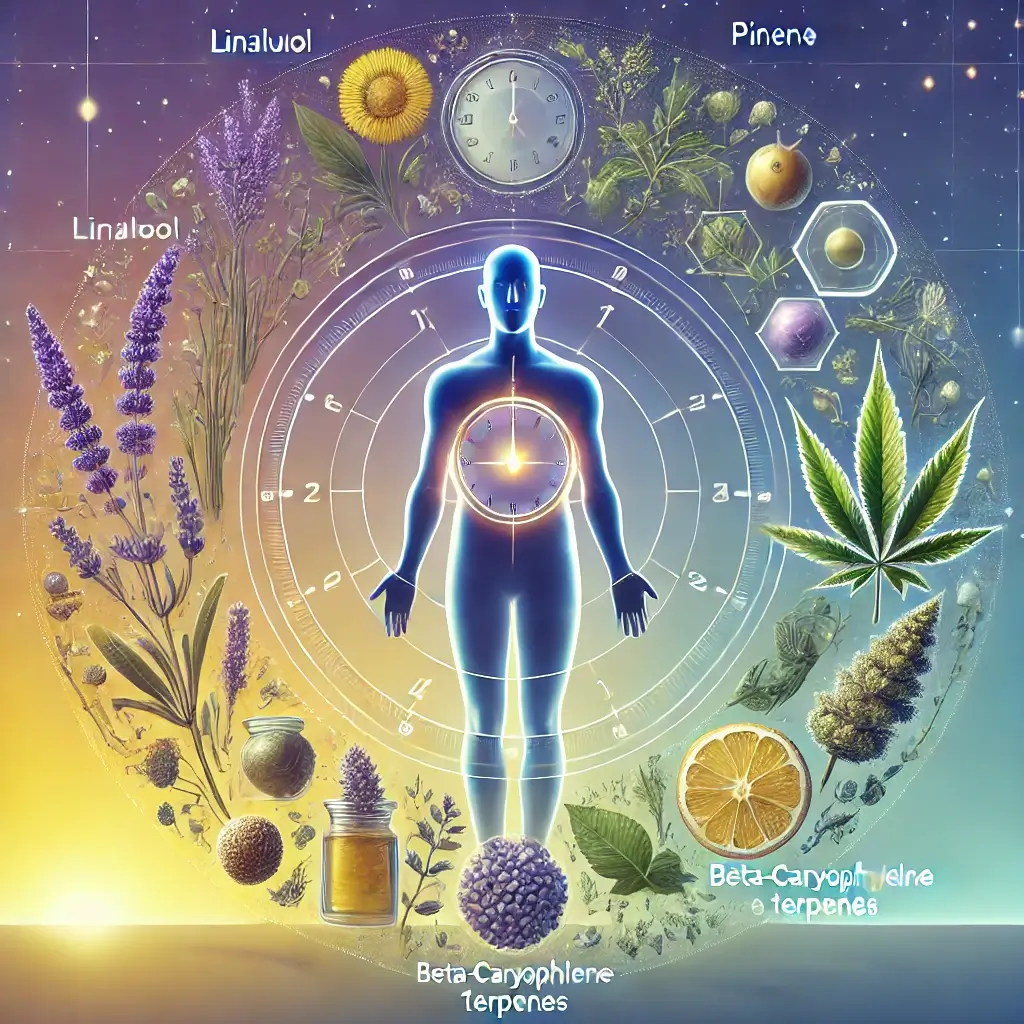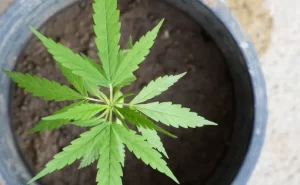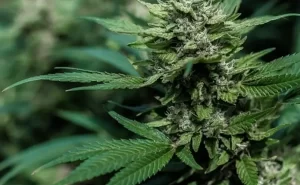New Research Reveals How Cannabis Protects Brain Function in Aging Adults
Understanding Cognitive Health in Aging
Aging is an inevitable part of life, but cognitive decline doesn’t have to be. For seniors, maintaining mental sharpness is vital for preserving independence and enjoying a high quality of life. However, conditions like Alzheimer’s disease and mild cognitive impairment (MCI), and general age-related forgetfulness remain prevalent, affecting millions globally. As traditional treatments often fall short of addressing the underlying causes, researchers and healthcare providers are turning to innovative solutions like cannabis to support cognitive health in aging populations.
Cannabis and the Endocannabinoid System
Cannabis, long known for its recreational use, is gaining scientific credibility for its potential medical benefits. The compounds found in cannabis, particularly cannabidiol and tetrahydrocannabinol interactions (CBD) and (THC), interact with the body’s endocannabinoid system (ECS). This system regulates key functions like memory, mood, and neuroprotection, making it a promising target for addressing age-related cognitive decline.
Alternative Therapies for Senior Wellness
Seniors, increasingly open to alternative therapies, are exploring cannabis as part of their wellness routine. Recent studies show its potential to reduce brain inflammation and enhance neuroplasticity—critical factors for maintaining cognitive function. This article examines the latest research on cannabis and cognitive health, offers insights into treatment strategies, and highlights its broader impact on senior wellness.
Scientific Research on Cannabis and Cognition
The intersection of cannabis and cognitive health has sparked significant interest in recent years. Researchers have identified several mechanisms through which cannabis may support cognitive function in seniors:
Understanding Neuroprotection and Neural Connections
Neuroprotection involves safeguarding brain cells from damage and death. A 2022 meta-analysis in Neurobiology of Aging revealed that cannabinoids, particularly low-dose THC for synaptic resilience, enhance synaptic resilience. By improving connectivity between neurons, cannabis may help mitigate the effects of cognitive aging and even restore some lost function.
Role of Inflammation in Cognitive Health
Chronic inflammation is a key contributor to cognitive decline and neurodegenerative diseases like Alzheimer’s. A 2023 study in the Journal of Alzheimer’s Disease demonstrated that CBD’s effects on pro-inflammatory cytokines significantly reduced pro-inflammatory cytokines in brain tissue models, suggesting its potential to slow disease progression.
Antioxidant Benefits for Neural Protection
Oxidative stress, caused by free radicals, damages neurons over time. Cannabinoids like CBD act as powerful antioxidants. Research published in Molecular Psychiatry (2023) highlighted CBD’s impact on oxidative damage in neurons, providing a protective shield against age-related cognitive impairment.
Sleep and Emotional Health Connections
Poor sleep and emotional distress worsen cognitive decline. Cannabis has shown promise in addressing these secondary factors. A 2023 review in Sleep Medicine Reviews reported that CBD’s effects on senior sleep quality experienced better sleep quality, leading to improved cognitive performance and emotional stability.
Treatment Guidelines for Senior Cannabis Use
Integrating cannabis into a senior’s cognitive care plan requires a well-structured and individualized approach. Key considerations include:
Initial Health Assessment Requirements
A thorough assessment of cognitive function, medical history, and current medications is essential. Seniors should work closely with healthcare providers to determine if cannabis is appropriate for their needs.
Customized Cannabis Dosing Strategies
Seniors are more sensitive to THC’s psychoactive effects, necessitating cautious dosing. Starting with CBD-dominant formulations for senior care and gradually introducing THC in small increments minimizes side effects while optimizing benefits. Combining cannabinoids in specific ratios, such as 20:1 (CBD:THC), can provide neuroprotective effects without significant psychoactivity.
Alternative Cannabis Administration Methods
Edibles, tinctures, and capsules are preferred over smoking or vaping due to their controlled dosages and longer-lasting effects. Topical cannabinoids for localized relief can also be explored for localized pain relief that indirectly supports cognitive health.
Healthcare Monitoring and Adjustment Protocols
Regular check-ins with healthcare providers allow for adjustments in dosage and formulation based on response and tolerance. Seniors should also be monitored for potential cannabis-medication interactions in seniors, especially those affecting the central nervous system.
Additional Health Benefits for Senior Cannabis Users
Beyond its direct impact on cognitive function, cannabis addresses a range of secondary health concerns that influence brain health:
Comprehensive Health Impact Analysis
Pain Management: Chronic pain often distracts from mental focus and disrupts sleep. Cannabis’s analgesic properties help seniors regain cognitive clarity by reducing discomfort. Mood Stabilization: Anxiety and depression negatively affect memory and concentration. Cannabis’s ability to stabilize mood can significantly improve overall cognitive resilience. Support for Neurodegenerative Diseases: Conditions like Parkinson’s disease and multiple sclerosis progression involve cognitive decline as a secondary symptom. Cannabis may slow progression through its neuroprotective and anti-inflammatory effects.
Clinical Research Findings
A 2023 clinical trial in The Gerontologist demonstrated that seniors using CBD-rich products for chronic pain management showed significant improvements in memory and executive function, suggesting that cannabis’s indirect benefits contribute to overall cognitive enhancement.
Future Implications and Recommendations
Cannabis is emerging as a valuable tool in the fight against cognitive decline in seniors. By reducing inflammation, combating oxidative stress, and promoting neuroplasticity, it offers hope for preserving mental acuity and improving quality of life. Studies from Neurobiology of Aging (2022), Journal of Alzheimer’s Disease (2023), and Molecular Psychiatry (2023) underscore the growing scientific consensus around its potential benefits. While cannabis is not a cure-all, it represents a promising adjunct to traditional treatments. Seniors considering cannabis should consult knowledgeable healthcare providers to ensure safe, tailored, and effective use. As research evolves, cannabis-based cognitive care approaches could redefine how we approach cognitive care in aging populations, offering a pathway to healthier, sharper minds in the golden years.













